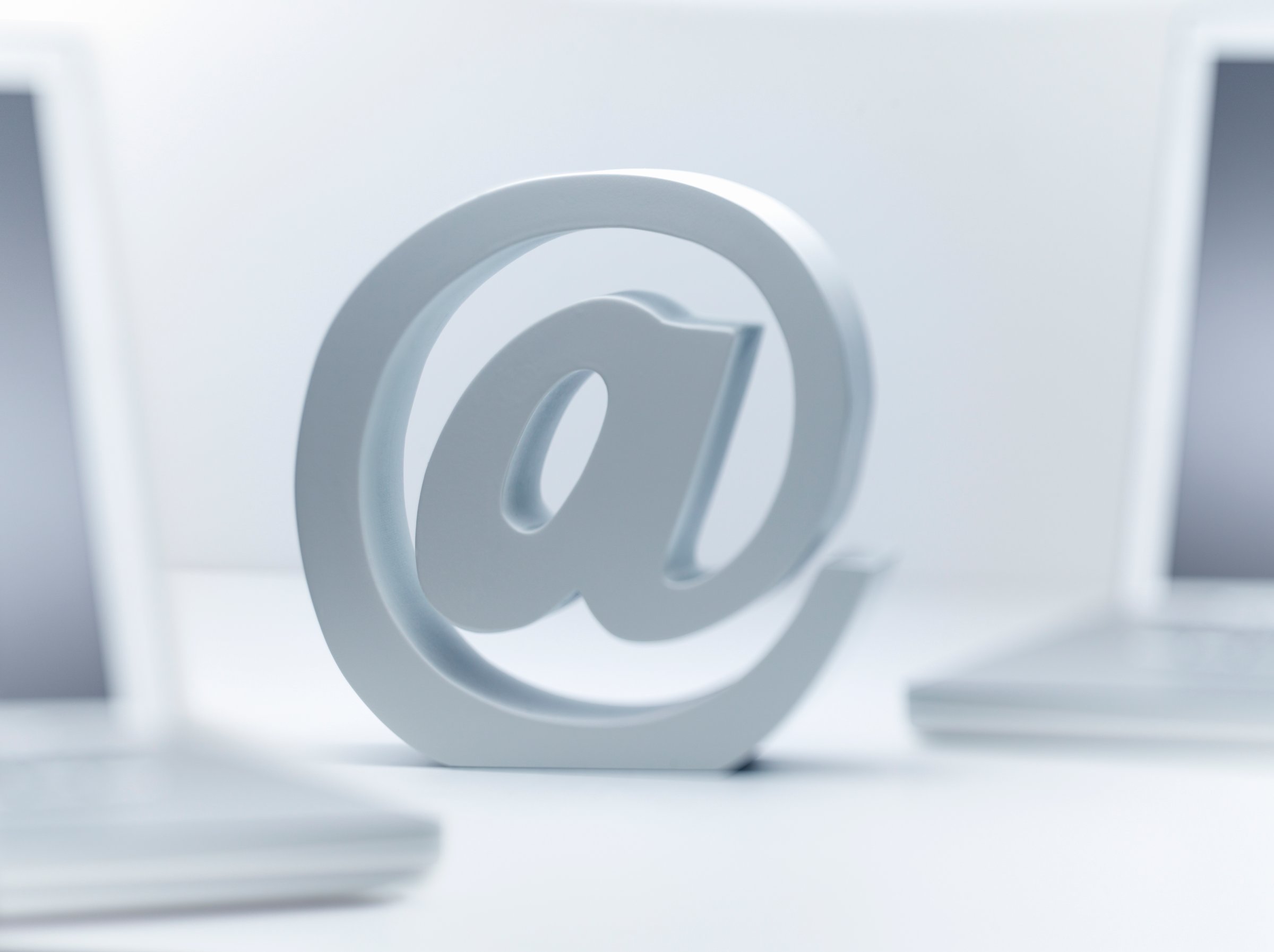
No matter how well an unsolicited email is crafted, the cold reality is that it’s likely to end up in the recipient’s trash folder, unread, if the subject line falls flat. We asked executives who receive hundreds of emails on a daily basis how they decide — at a glance — which ones they deem worth a few seconds of their time to open and skim. Here’s what to put in your email subject lines to elevate them to click-worthy status.
A personal reference. “Jim Smith suggested I contact you” — this is the gold standard for unsolicited emails. Mentioning a mutual acquaintance the recipient knows and respects paves the way for you. Yes, this requires that you have a connection in common, so it’s not the easiest threshold to cross. But some busy execs suggest it’s worth the trouble to seek one out, because that’s the only prayer your email has of making contact with them.
“The people you most want to reach are the people who, by default, delete emails,” says Seth Godin, an author, entrepreneur and blogger who maintains that a mutual reference is the only way to crack a top prospect’s inbox.
A specific reference to them. “Ideally, it mentions my company, products or projects, proving that it’s actually specifically meant for me rather than a generic blast,” says Chris Anderson, the former editor-in-chief of Wired magazine who went on to lead tech startup 3D Robotics. “[Make it] something specific and relevant to what I do.”
An introduction to you. “When cold contacting someone I like to specify who I am in the subject line,” says Cal Newport, a Georgetown University assistant professor of computer science and author of four books about excelling at school and work. “For example, a common subject line of mine is ‘a note from a Georgetown professor,’” he says.
A reminder that you’ve met. Even if you’ve met the recipient before, a nudge to refresh their memory can keep you out of the trash folder, especially if it was a fleeting encounter or a long time ago. “I tend to steer people away from ‘great to meet you’ or ‘follow up’ email titles,” says Deborah Asseraf founder of experiental marketing company Popcorn Productions. “Instead, it should be ‘met you at event x’ — something that’s clear, concise and gets the intention of the writer across.”
What you want. “I appreciate a subject line that specifies what action if any is being asked from me,” Newport says. “This calibrates my expectations for an email and makes it less daunting.” If you’re looking for a data point, email address or some other request, say so upfront rather than making the recipient wade through your email looking for it.
Pertinent details. “In an age when we are all so strapped for time and used to text messages, I like to view my subject lines as a text message,” says LisaMarie Dias, who owns a new media marketing company. This works especially well if you want to remind somebody of an upcoming event or appointment, she says. “Even if they don’t open the email… they have seen the full reminder.”
Plain English. Gary Shapiro, president and CEO of the Consumer Electronics Association, says “obviously commercial emails, spam or boring headlines” go straight into his trash folder. If your email subject sounds like a sales pitch, is stuffed with jargon or overwrought prose, your recipient isn’t going to take the time to parse your message — they’re just going to ignore it.
More Must-Reads from TIME
- Cybersecurity Experts Are Sounding the Alarm on DOGE
- Meet the 2025 Women of the Year
- The Harsh Truth About Disability Inclusion
- Why Do More Young Adults Have Cancer?
- Colman Domingo Leads With Radical Love
- How to Get Better at Doing Things Alone
- Michelle Zauner Stares Down the Darkness
Contact us at letters@time.com